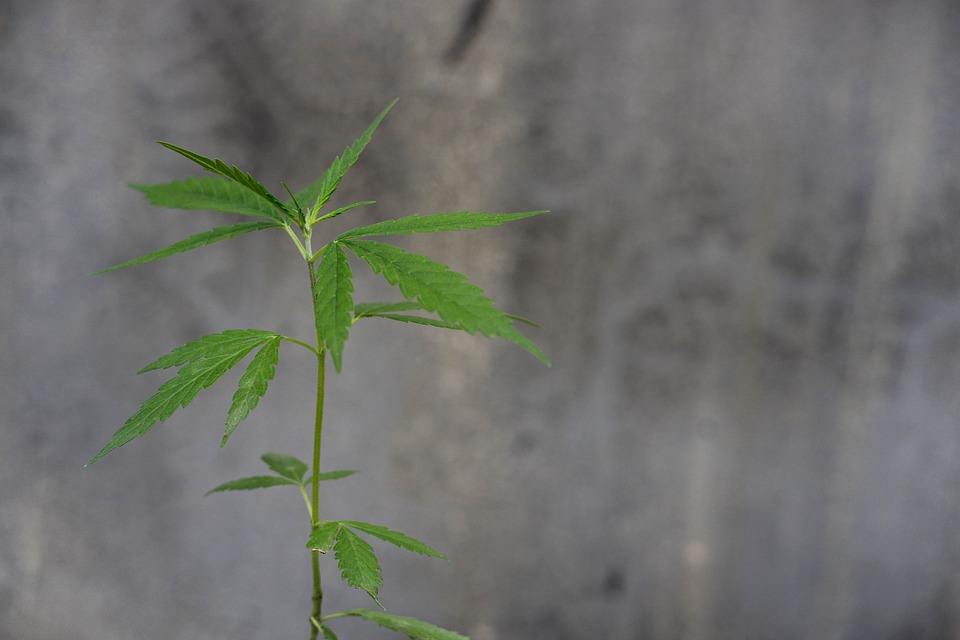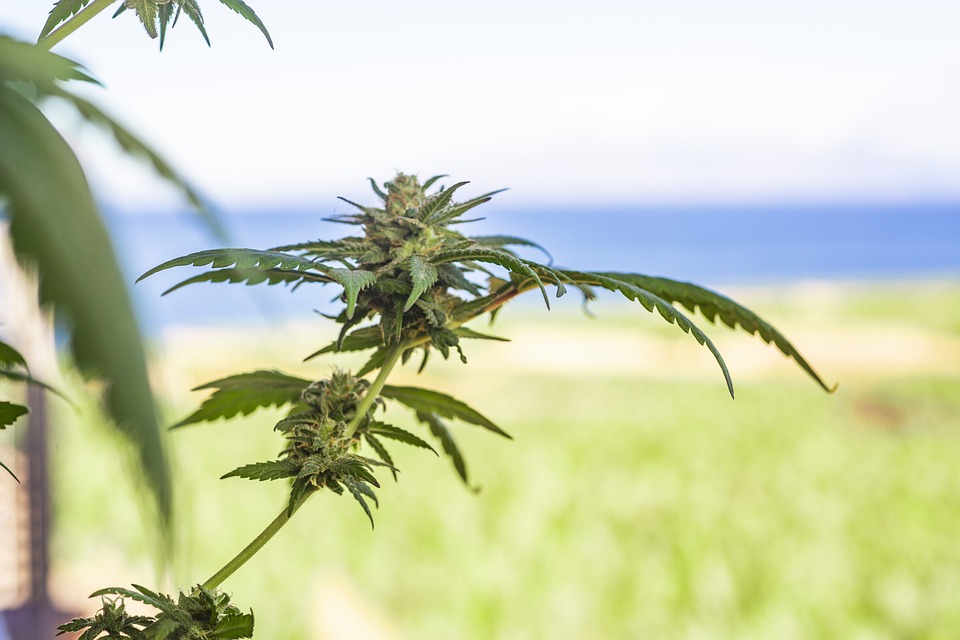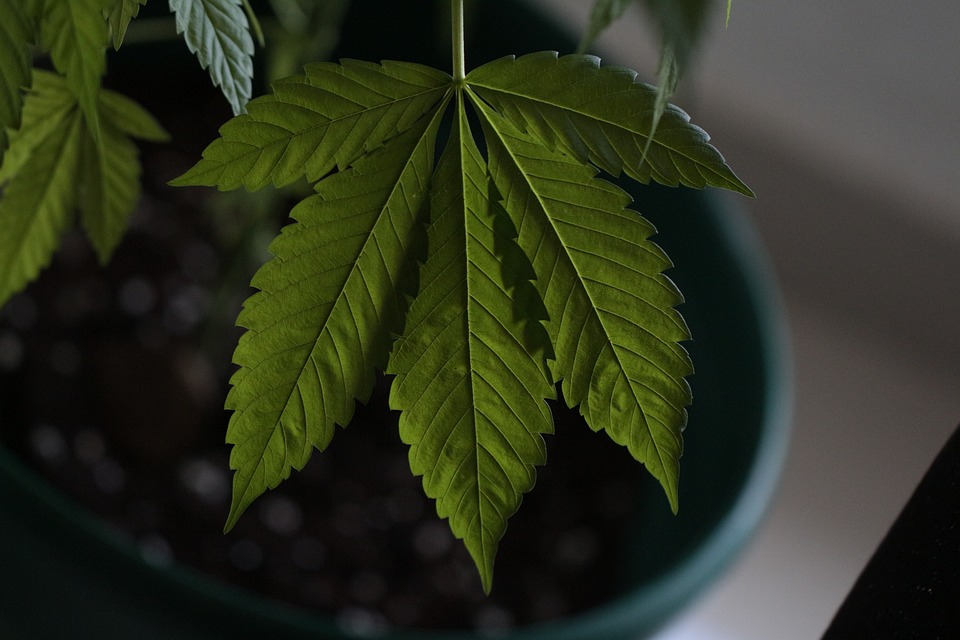The national conversation around cannabis is shifting from criminalization to reform, with a growing recognition of the benefits of decriminalization. Efforts to decriminalize cannabis possession are gaining momentum across the country, as both lawmakers and citizens increasingly see the value in this approach. This shift not only aims to reduce the negative impacts of criminal records but also seeks to create a fairer and more just legal framework for cannabis use. In this context, we’ll explore the recent progress made in decriminalization efforts and the prospects for future cannabis possession decriminalization bills.
The Rise of Decriminalization Efforts
In the early 2010s, states like Washington and Colorado made history by legalizing recreational cannabis use. Since then, numerous other states have followed suit, legalizing either medical or recreational cannabis use. However, decriminalization – the act of removing criminal penalties for cannabis possession – has traditionally been slower to gain traction.
That changed in 2018, when a record-breaking number of cannabis decriminalization bills were introduced across the United States. To date, more than 40 bills have been proposed, with some already making their way into law.
Decriminalization Efforts by State
Several states have made significant strides in decriminalizing cannabis possession.
Here are a few notable examples
* New Jersey: In 2020, Governor Phil Murphy signed a decriminalization bill, making New Jersey the 16th state to do so.
* Delaware: In May 2021, Delaware Governor John Carney signed a bill that reduced the penalty for cannabis possession from a misdemeanor to a civil infraction, with a fine of up to $100.
* Connecticut: Connecticut Governor Ned Lamont signed a decriminalization bill in 2021, making possession of up to one ounce of cannabis a non-criminal offense.
The Momentum Builds
Despite ongoing federal restrictions, the trend towards decriminalization is likely to continue.
Key factors contributing to this momentum include
- Racial justice: Cannabis prohibition has disproportionately affected communities of color, with black Americans four times more likely to be arrested for cannabis-related offenses than whites.
- Law enforcement concerns: Decriminalization reduces the workload for law enforcement, allowing officers to focus on more serious crimes.
- Public support: A recent survey found that 65% of Americans support decriminalization, with support increasing across political party lines.
- State and local action: As states like New Jersey and Delaware pass decriminalization laws, surrounding areas are more likely to follow suit.
What’s Next?
As decriminalization efforts gain momentum, attention turns to the federal level. Although cannabis remains illegal under federal law, advocates hope that state-by-state action will eventually pressure lawmakers to reform the federal ban.
In conclusion, cannabis possession decriminalization bills are gaining traction across the country, with multiple states passing legislation and others set to follow. As public support and advocacy continue to grow, it’s clear that this movement is far from over. Stay tuned for continued updates on the ever-evolving cannabis landscape.
References
* NORML: Cannabis Decriminalization Bill
* CNN: Delaware Governor Signs Bill to Decriminalize Small Amounts of Marijuana
* CBS News: Connecticut Governor Signs Bill to Decriminalize Possession of Small Amounts of Marijuana









Comments (8)
It’s about time more states start recognizing the benefits of decriminalizing cannabis. This is a step forward for justice reform and public health!
Decriminalization is a good start, but full legalization and regulation are necessary to address the inequities in enforcement.
This will help reduce the burden on our justice system and free up resources for more serious crimes.
I hope federal reform is next. The inconsistency between state and federal laws is causing unnecessary complications.
This is great news, but what about expunging records for those with past possession charges? That should be part of the conversation.
Public opinion has shifted so much on this issue. It’s amazing to see laws finally catching up to what people actually believe.
While this is progress, I worry that decriminalization alone won’t address the black market issues. We need a regulated system.
This is a victory for communities disproportionately affected by cannabis laws. Let’s keep the momentum going!